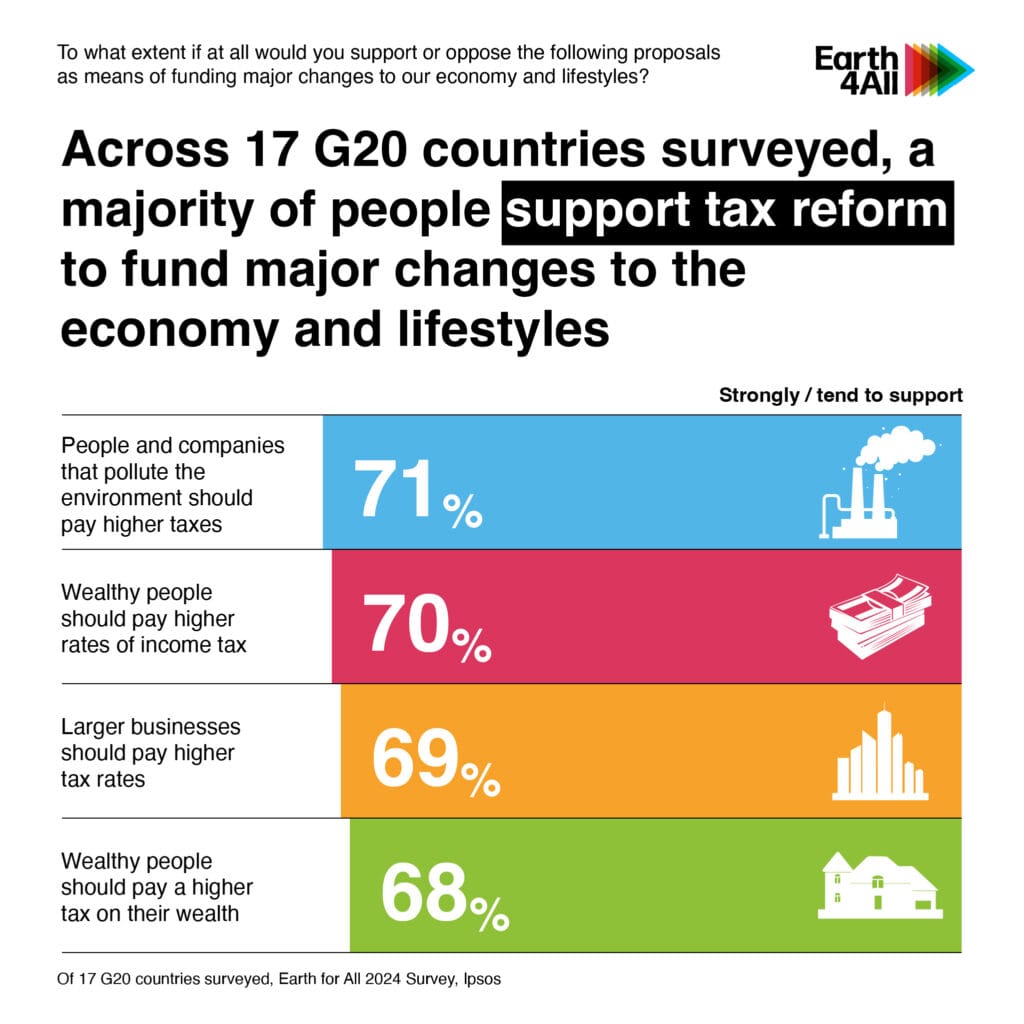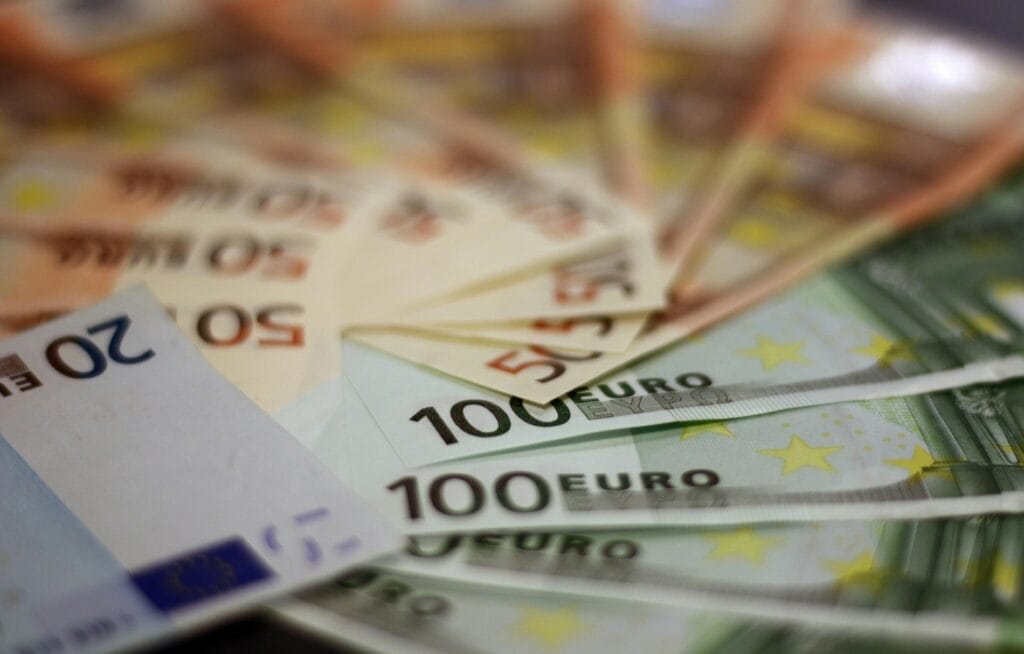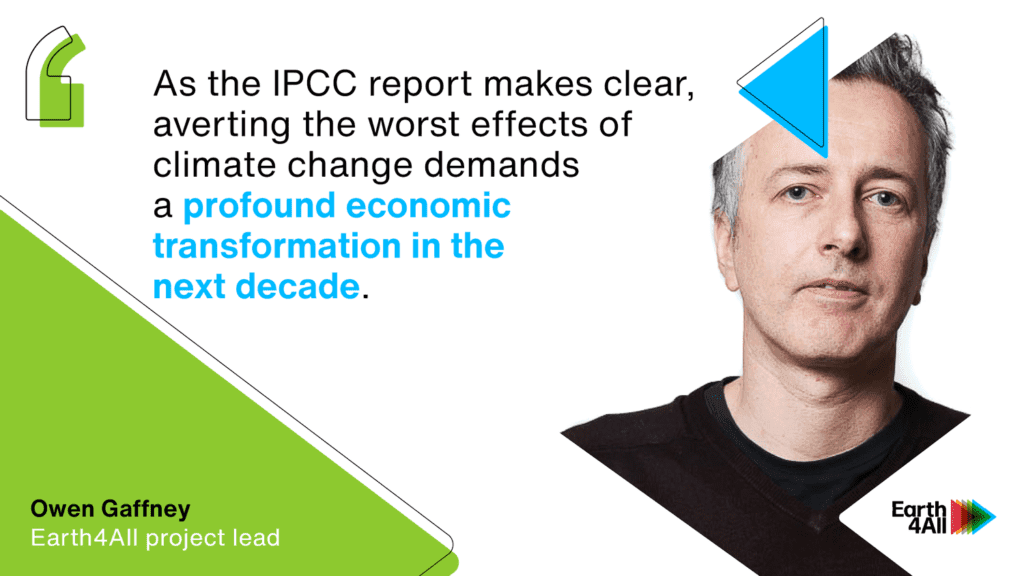Tax the super rich
Why should we tax the rich? What is a wealth tax? Your questions about redistributing wealth fairly answered.
What is a wealth tax?
A wealth tax is a tax levied on a person’s total net worth over a certain threshold. Unlike income tax, which taxes earnings, a wealth tax targets what someone owns including assets like property, stocks, art, and cash.
Wealth taxes can reduce wealth inequality by taxing the richest individuals at a higher rate, ensuring they contribute more to public finances based on their net worth.
Most current proposals for a global wealth tax are designed to affect a small percentage of the wealth of the very richest individuals worldwide. They could produce outsized benefits by freeing up billions of dollars in funding for infrastructure and services, poverty alleviation, and dealing with the impacts of climate change.
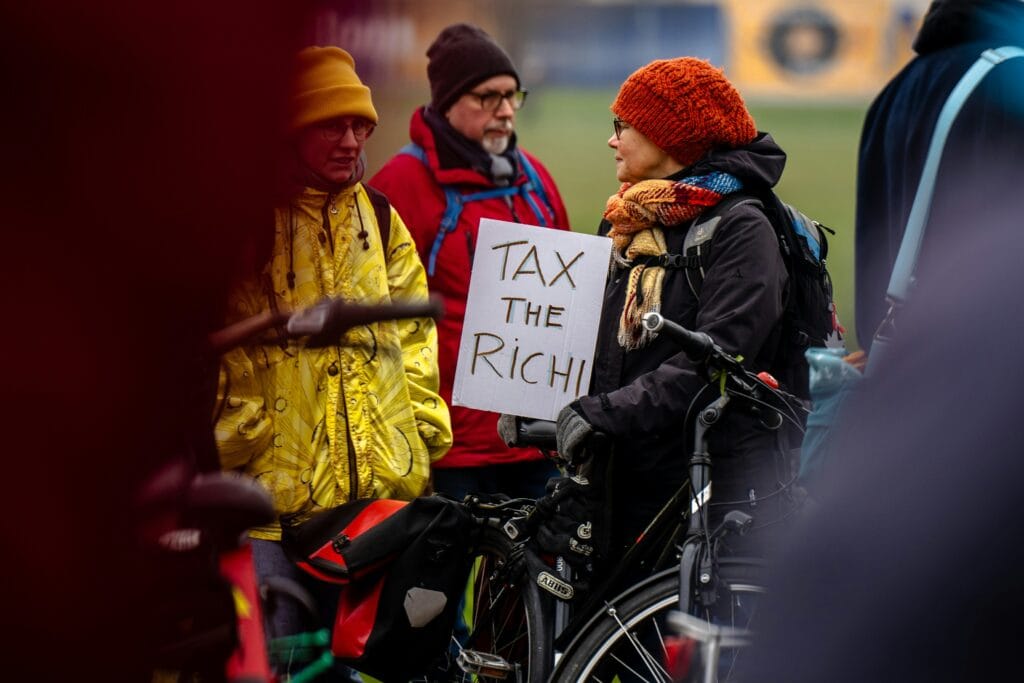
Why do we need to tax the super rich?
Taxing extreme wealth fairly can help create more equal societies and raise essential funds to address global challenges.
Today, billionaires are paying lower effective tax rates than everyday working people. Their wealth is accumulating rapidly, while incomes are stagnating. This means that societies are becoming more and more unequal, with negative impacts on social, political and environmental stability.
Evidence shows that more equal societies perform better across all measures of human wellbeing. Reducing inequality eases social tensions and improves wellbeing, in turn creating more stable democracies that are better able to respond to shocks and make long-term decisions for the common good.
By redistributing extreme wealth through fair taxation, we can create stronger democracies and improve wellbeing for everyone.
Learn more in Taxing the super-rich is critical for our economies, the planet and shared prosperity for all, by Mogens Lykketoft, former Danish Finance Minister and 70th President of the United Nations General Assembly.
The consequences of untaxed wealth are widespread. Governments are losing billions in potential revenue, with projections suggesting nearly $5 trillion could be lost over the next decade due to tax evasion and avoidance. This amount equals a full year’s global spending on public health.
Sandrine Dixson-Declève, Earth4All Executive Chair & Johanna Bernstein, Senior Policy Lead
What does Earth4All say about taxing the super rich?
Taxing the wealth of the world’s richest people fairly is among the measures Earth4All proposes to reduce inequality and achieve fairer, more stable societies and a safe planet.
A key goal of the Earth4All inequality turnaround is to ensure the wealthiest 10% take less than 40% of national incomes.
We propose all governments to increase taxes on the 10% richest in societies until they take less than 40% of national incomes by 2030 (and the share of wealth controlled by the top 10% should continue to decline this century). Stronger progressive taxation and closure of international loopholes are essential to deal with destabilising inequality and luxury carbon consumption
Learn more about Earth4All’s proposals to turn around inequality.
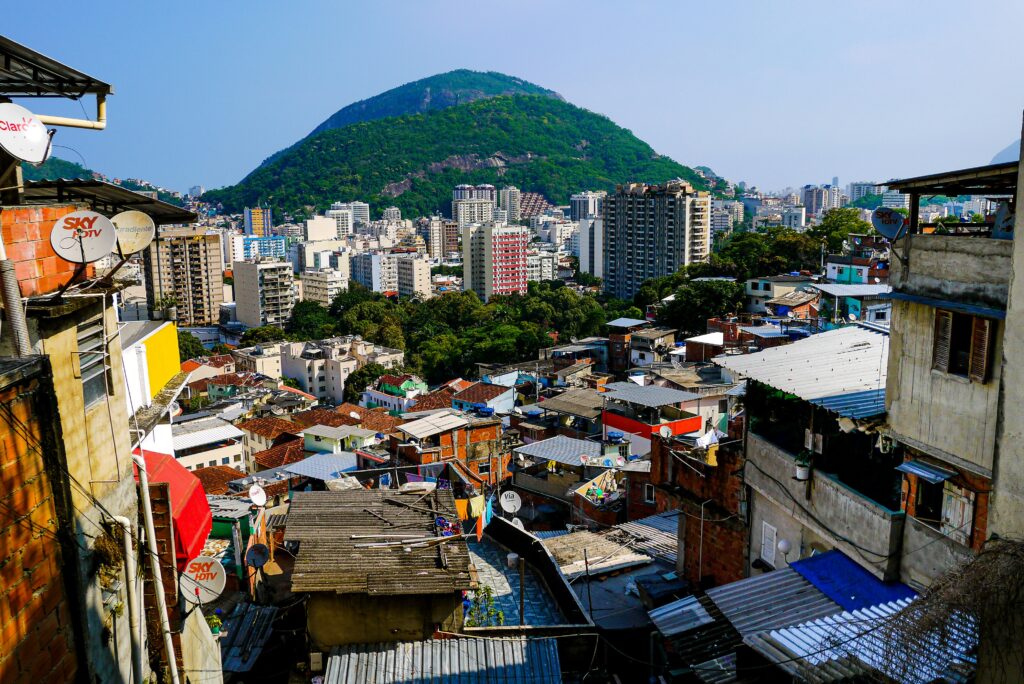
Is a global wealth tax possible? Do people support a wealth tax?
Thanks to global civil society efforts, momentum towards a global wealth tax has been building. In 2024, for the first time, finance ministers representing some of the world’s largest economies at the G20 agreed to work towards effectively taxing the super rich. Some governments like Norway, Spain and Switzerland have already implemented a wealth tax nationally.
There is also strong public support for such a tax. The Earth for All Survey conducted by Ipsos for Earth4All and Global Commons Alliance in 2024 found that more than two in three people – 68% – surveyed in G20 countries supported a wealth tax as a means of funding changes to our economies and lifestyles.
There is clearly a mandate for tax policies that can help us achiever fairer societies and Earth4All supports global civil society efforts to achieve a minimum wealth tax.
Blogs
Follow the latest opinion pieces on tax and inequality from Earth4All contributors in our blog.
Videos
Learn more
Find more explainers, FAQs and resources on economic systems change at our resource hub.


